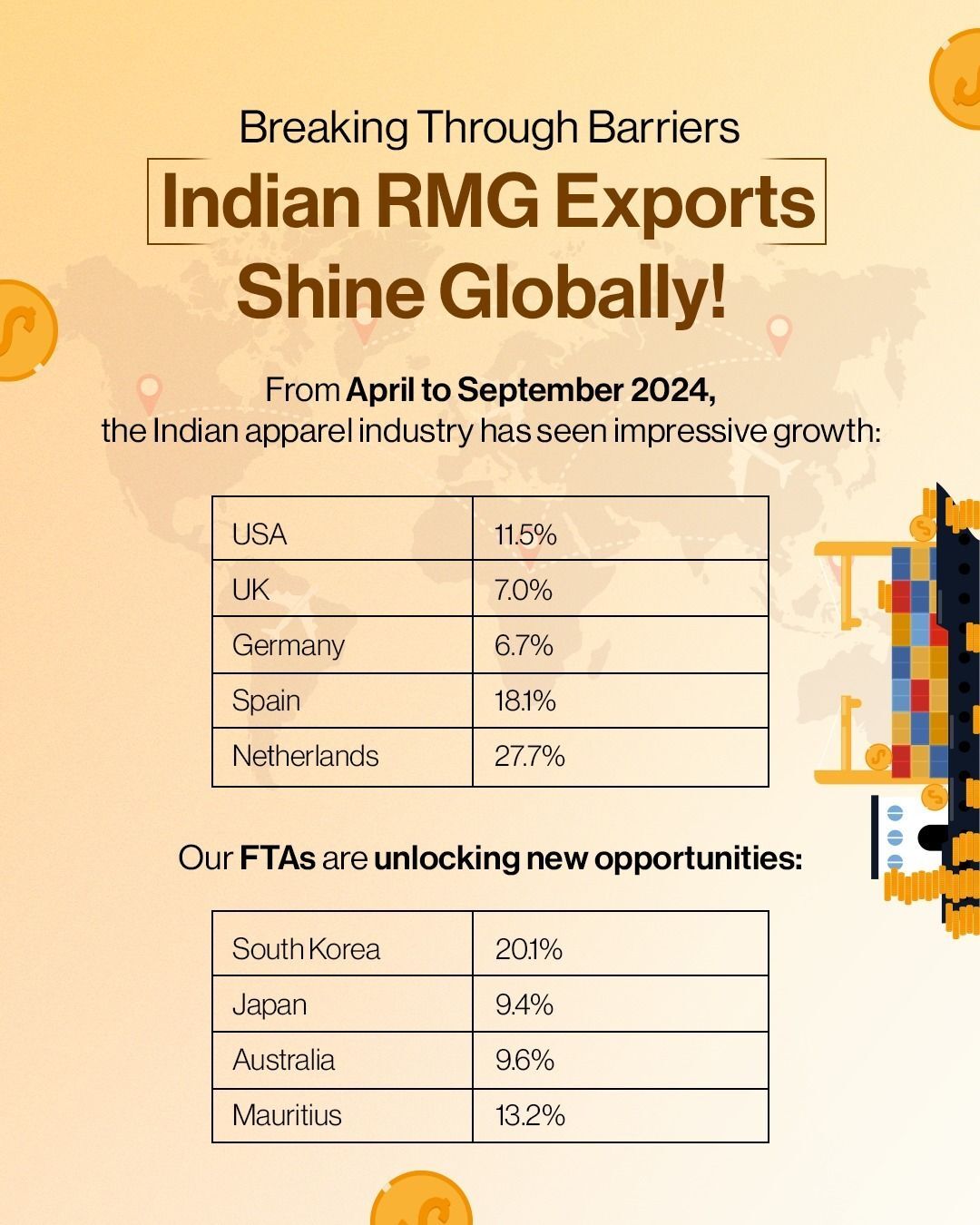Despite allegations by French lawmakers of failing to address the downsides of fashion, Shein has cultivated a legion of fans by engaging micro-influencers, ordinary individuals who endorse the brand on social media platforms.
Shanghai-based Shein currently faces accusations of exploiting underpaid and overworked garment workers while contributing to environmental degradation. Critics argue that the company promotes excessive consumerism and sells disposable clothing.
While Shein's marketing strategies have contributed to its rapid growth, analysts warn against overestimating the importance of social media in its success. They emphasise that Shein's competitive advantage lies in its efficient supply chain and product development processes.
What distinguishes Shein, analysts say, is its highly efficient supply chain and product development process. By leveraging China's extensive textile manufacturing industry and advanced e-commerce infrastructure, Shein has been able to offer an astonishing 1.5 million apparel items for sale last year, far surpassing its competitors.
Shein's success lies in its agility and minimal waste management. The company adopts an on-demand strategy, producing small batches of products based on real-time customer feedback to avoid overproduction.












